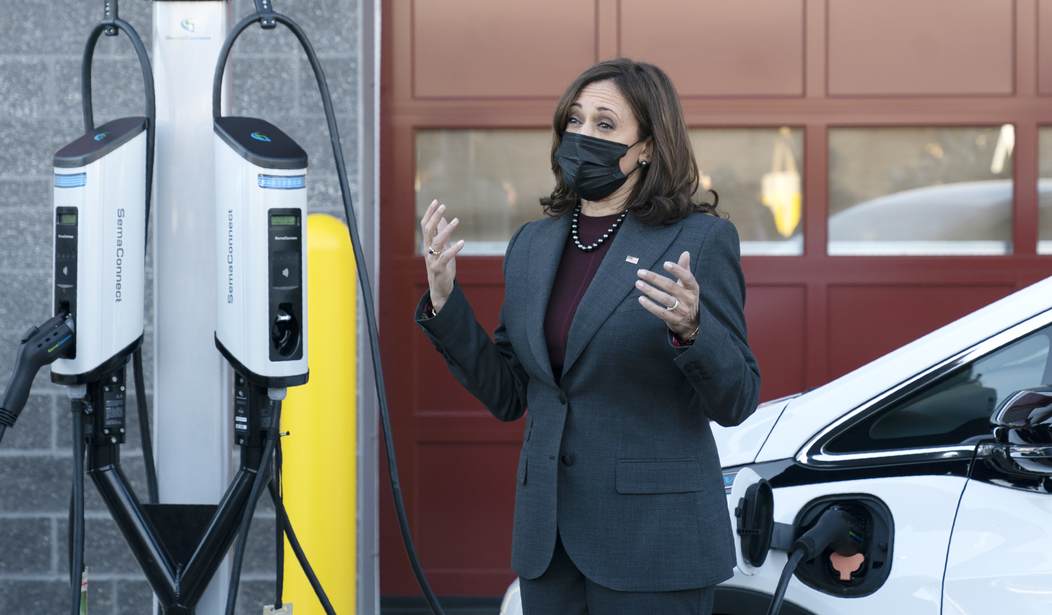The American consumer's "love affair" with electric vehicles turned out to be more of a figurative one-night stand. That's the conclusion of many economists today, along with the management at automakers including Ford and General Motors. The Biden administration attempted to force its EV mandate and goose the public into supporting it by spiking the punchbowl in the form of generous taxpayer-funded subsidies and rebates. (It's funny how generous they can be with your money, isn't it?) And for a little while it seemed to work, at least to a degree. There was an initial surge in EV sales, leading some of the larger automakers to introduce new lines of EVs and ramp up production. But soon those sales cooled dramatically, and lots began to fill up with unsold EVs while sales of traditional internal combustion models returned to previous levels. At this point, the conclusion is that the EV push has flopped. So where do we go from here? (Blaze Media)
There's one simple reason automakers like Ford and GM are stepping back from their ambitious EV plans: their customers.
Contrary to the exuberant predictions of Elon Musk, environmental groups, and other industry and government “experts," the love affair between EVs and the American consumer seems to have fizzled after a honeymoon period of robust sales volumes.
Turns out these relatively pricey novelties just aren't as appealing anymore, especially when hybrids offer most of the efficiency without the range anxiety.
The linked report concludes that the shift to going "all in, or even mostly in" on EVs will take decades rather than years if it even happens at all. This is far longer than the time span allowed by the government's current demands of the auto industry. The initial surge drove the EV share in the consumer market from three percent to seven percent. Making it from seven percent to ten percent was painfully slow. There is no reasonable path from there to the 30% that the government wants to mandate in the foreseeable future.
In fact, growth may halt entirely, at least for a time. A recent survey of EV and hybrid vehicle owners showed an increasing number of drivers who made the switch to fully electric vehicles regret their decision and plan to either switch back to a gas-powered model or at least a hybrid when they purchase their next car or truck. Hybrids are still outperforming fully electric vehicles and owners have fewer complaints, largely because they don't experience as much "range anxiety." But hybrids are still far more expensive than traditional vehicles on average, so during a rough economic period, making the sale becomes even more difficult.
None of these realities do much to help the auto industry. Reminding them of how much they are doing to "save the planet" doesn't clear out their backlog any faster. Ford is still technically losing money on every EV they sell and the government subsidies are the only things making the vehicles marginally viable. The losses add up far more quickly when the vehicle never winds up being sold at all. This affects not just the manufacturers at the corporate level, but the industry's workers as well.
When Donald Trump recently addressed the autoworker's unions in Detroit, the loudest, most prolonged round of applause he received came when he announced that planned to end the electric vehicle mandates "on day one" after being elected. The president of the UAW recently admitted that internal polls of their members have shown a decided shift away from the Democrats and toward Trump and the GOP. The Democrats have taken that union's support (and a cut of their dues money) for granted for generations. Today, what are they getting in return? Government policies that are costing them jobs and gutting their employers' profits. And the working class people are responding accordingly. As far as I'm concerned, this is a shift that is long overdue.








Join the conversation as a VIP Member